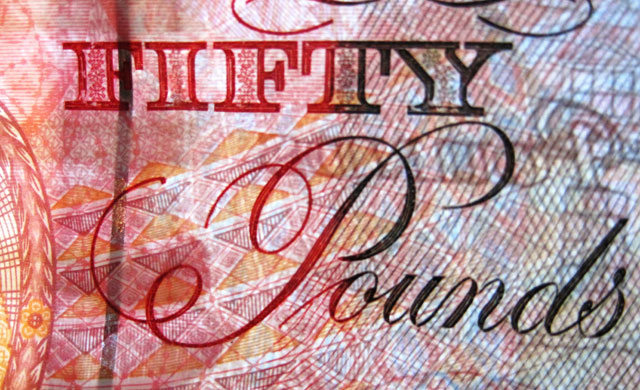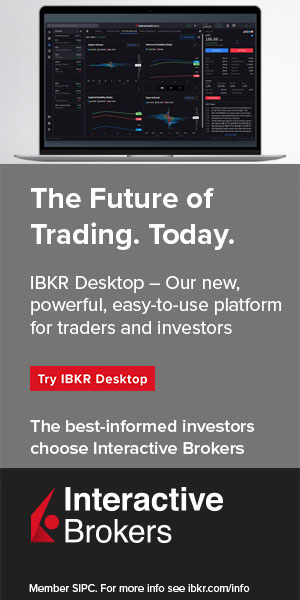British Pound Sterling fell to its lowest in nearly seven months against the US Dollar after Martin Weale, a member of the Monetary Policy Committee of the Bank of England said in a speech engagement last Saturday, 16 February, that the “most natural means” to reduce the UK’s trading deficit is for the currency to be devalued.

Whilst Weale welcomes the idea of a weaker Pound to help boost the contracting UK economy by spurring inflation, analysts see the trend as a reaction to the ailing economic health as shown by the recent data published by the BoE, with currency speculators continuing to bet against the Pound.
Earlier, Sterling was at US$1.54, the lowest since 13 July 2012, after reaching as high as US$1.62 in September and December 2012. It has also fallen back to its lowest value against the Euro in 15 months when it traded at €1.15 at 12:45 GMT.
A weaker currency makes the country’s exports cheaper whilst triggering inflation domestically and pushing its gross domestic product.
The fall of the Pound Sterling came amidst discussions within the G7 and G20 summits regarding the sharp fall of the Japanese Yen against major currencies, following the recent calls of the newly elected Prime Minister, Shinzo Abe, for Bank of Japan to take a bolder monetary policy.
Japan’s Yen has fallen by 15% against the US dollar since September 2012, raising concerns of a “currency war” amongst major exporting countries.
But the G20 communique committed the participating states to refrain from efforts to devalue their currencies to gain competitive advantage and avoid the so-called currency war.
In contrast, leaders of the EU are now concerned of the rise of the Euro against the Sterling, the Dollar, and the Yen, which makes for more expensive exports and posing a threat to the continued shrinking of the region’s output.


 Hot Features
Hot Features













